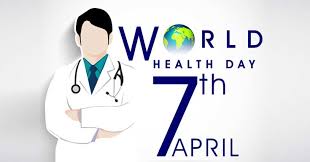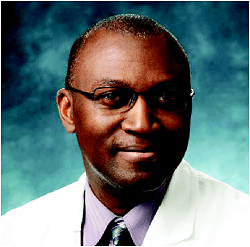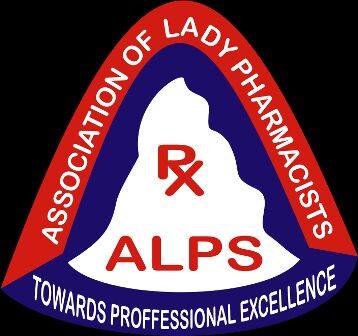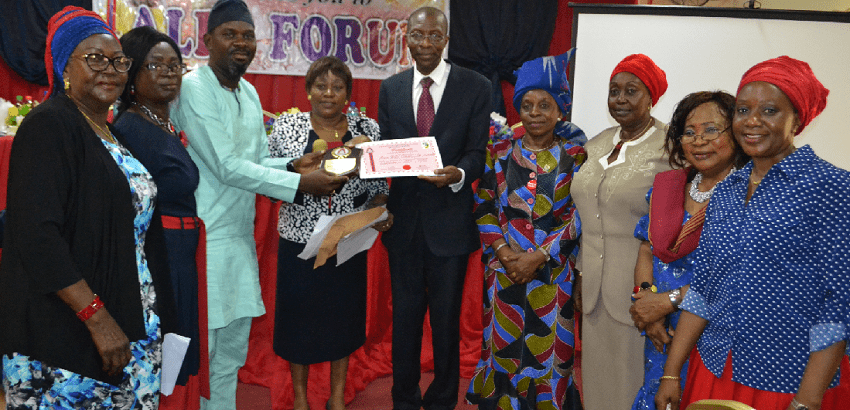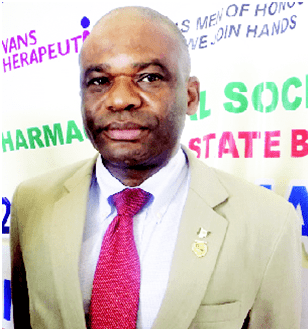
Society of Pharmaceutical Education & Research [SPER] has successfully organized its 6th Annual International Conference & Exhibition [SPER 2017] at Jaipur National University, Jaipur [Rajasthan] India on March 3-4, 2017.
SPER international conference was inaugurated on March 3, 2017 by Dr. Ashok Lahoti, Mayor, Jaipur Nagar Nigam, Jaipur and presided by Dr. Dinesh Jaiswal, VP Pharmaceutical Operations-Achlis Group, New York, USA. The guest of honors for the conference were Prof. (Dr.) H. N. Verma, Vice Chancellor, JNU, Jaipur, Prof. (Dr.) S. H. Ansari, President, SPER, Mr. P. K. Gupta, Chairman, Belco Pharma, Bahadurgarh, Dr. Upendra Nagaich, Secretary, SPER & Research Coordinator, Amity Institute of Pharmacy, Amity University, Noida, Dr. Manoj K. Tripathi, Ex-Drugs Controller, Govt. of Rajasthan, Mr. Tarsem Jain, Editor, Pharma Pramarsh, Rohtak & Prof. (Dr.) B. Shrivastava, Prof. & Director, School of Pharmaceutical Sciences, JNU, Jaipur. The abstract book was released by chief guest and other dig
Dr. Ashok Lahoti shared his thoughts about the role and importance of pharmacists in the society and further involvement in upgrading the status of pharmacists in the country.

Dr. Upendra Nagaich, Convener, SPER 6th Annual International Conference & Exhibition [SPER 2017] presented the annual report of SPER and shared in detail about SPER and various activities carried out by the society across the country throughout the year. He shared about the recent SPER office bearers’ elections which was held in the month of September 2016 and constitution of various state branches of SPER at national level.
He also shared about constitution of SPER Women’s’ form and SPER Students form for bringing the women candidate and young buddies in main stream and promoting the activities at grassroots level.
Moreover, he also shared the information regarding various privileges, grants and scholarships given to the students every year from SPER and about various awards given to the eminent persons and SPER life members every year i.e., Mrs. Sudha Nagaich Memorial Award, SPER Fellowship Award, SPER Eminent Teacher Award, Principal of the year, Young Scientist, Innovative Researcher, Young Teacher, Young Talent, Best Student for UG, PG, Ph.D. Scholar and SPER Women Forum awards.
Dr. Upendra Nagaich extended his heartfelt thanks to IFTM University and specially Mr. Rajiv Kothiwal, Honourable Chancellor, IFTM University; Moradabad & Prof. (Dr.) R. M. Dubey, worthy Vice-Chancellor, IFTM University, Moradabad for their consistent support throughout the journey of SPER.
Dr. Nagaich extended his deep sense of gratitude towards Mr. P. K. Gupta for sharing his valuable time and kind support for organizing this conference.
The conference was in collaboration with Jaipur National University, Jaipur and Journal of Advanced Pharmaceutical Technology & Research (JAPTR) [The official Research Publication of SPER], along with IFTM University, Moradabad [Uttar Pradesh] as Knowledge Partner, SPER Publications and Solutions Pvt. Ltd. as Publication Partner and supported by Dolphine, Mumbai, HPMA, Haryana, Pharma Pramarsh, Rohtak and SPER Times.
Dr. Upendra Nagaich also highlighted the progress of Journal of Advanced Pharmaceutical Technology & Research [JAPTR]. The journal is indexed with Emerging Source Citation Index [ESCI], Web of Science [Thomson Reuters], CAB Abstracts, Caspur, Chemical Abstracts, CNKI (China National Knowledge Infrastructure), DOAJ, EBSCO Publishing's Electronic Databases, Excerpta Medica / EMBASE, Expanded Academic ASAP, Genamics JournalSeek, Global Health, Google Scholar, Health & Wellness Research Center, Health Reference Center Academic, Index Copernicus, Indian Science Abstracts, National Science Library, OpenJGate, PrimoCentral, ProQuest, PubMed, Pubmed Central, Scimago Journal Ranking, SCOLOAR, SCOPUS, SIIC databases, Summon by Serial Solutions and Ulrich's International Periodical Directory.
Dr. Nagaich has discussed in detail regarding the various privileges being extended for the life members of Society of Pharmaceutical Education & Research [SPER] in the article processing charges (APC) for publication in Journal of Advanced Pharmaceutical Technology & Research [JAPTR].
Overwhelming response was received for the conference and more than 650 delegates has participated in the conference across the country. More than 220 participants have presented posters of their research work in different tracks. All posters were judged by learned judges invited from various academic organizations and Pharmaceutical Industries.
The various scientific lectures were delivered by eminent personalities from academics as well as industry. The key speakers for this conference were Dr. Dinesh Jaiswal, VP, Pharmaceutical Operations-Achlis Group, New York, USA, Dr. Pradeep Visen, Risk Factor Modification Centre, St. Michael’s Hospital, University of Toronto, Canada, Dr. Praveen Tyle, Executive Vice President, Research and Development, Lexicon Pharmaceuticals, Texas, USA, Prof. (Dr.) S. H. Ansari, Jamia Hamdard, New Delhi, India, Mr. Rajesh Thalapparambath, Sr. Pharmacist- Inpatient Medication Management, Johns Hopkins Aramco Healthcare, Dhahran, Saudi Arabia, Dr. Neeraj Nagaich, Department of Gastroenterology, Fortis Escorts Hospital, Jaipur, India etc.
This two days international conference was organized with a key intention to focus on continuing professional development in pharmacy profession concerning about education, essential leadership knowledge, skills, and attributes to advance practice. The principles relating to management of medication use are needed to be outlined so that evidence based medicine and eventual clinical monitoring can be put into practice. In a line with present scenario, the role of self-medication in healthcare system is necessitated to be addressed and to safeguard the ethics of pharmacy profession.
The conference offered the unique platform for interaction with the eminent academicians, research persons, and industry leaders. It provided an open forum for the professionals of pharmaceutical research and academician to enrich their knowledge in the field of pharmaceutical education & research.
The first day concluded with the cultural events performed by the young students of Jaipur National University, Jaipur.
The second day of the conference commenced with the scientific lectures of Dr. Pradeep Visen, University of Toronto, Canada, Mr. Rajesh Thalapparambath, Sr. Pharmacist- Inpatient Medication Management, Johns Hopkins Aramco Healthcare, Dhahran, Saudi Arabia, Dr. Neeraj Nagaich, Department of Gastroenterology, Fortis Escorts Hospital, Jaipur, India etc.
The valedictory function was inaugurated by Dr. Alok Khunteta, Registrar, Rajasthan Pharmacy Council, Jaipur, Dr. Upendra Nagaich, Secretary, Society of Pharmaceutical Education & Research [SPER], Prof. (Dr.) B. Shrivastava, Director, Jaipur National University Jaipur.
During the conference, Dr. Dinesh Jaiwal, VP Pharmaceutical Operations-Achlis Group, New York, USA was honored with ‘Mrs. Sudha Nagaich Memorial Award’ for his immerse contributions towards the upliftment of pharmacy profession.
SPER Principal of the year Award were conferred upon Prof. (Dr.) M. S. Ashawat, Prof. & Principal, Laureate Institute of Pharmacy, Kangra & Prof. (Dr.) J. S. Patil, Prof. & Principal, VT's Shivajirao S. Jondhle College of Pharmacy, Thane for their outstanding contribution towards uplifting the standards of pharmaceutical education.
SPER Young Scientist Award was conferred upon Dr. Sai Sailesh Kumar, Little Flower Inst. of Medical Sci. & Res., Angamaly.
SPER Innovative Researcher Award was conferred upon Dr. Amit Mishra, Indian Institute of Technology, Jodhpur.
SPER Young Teacher Award was conferred upon Mohd. Rageeb Mohd. Usman, Smt. S. S. Patil College of Pharmacy, Chopda.
SPER Young Talent Award was conferred upon Dr. Ramandeep Singh, Himachal Institute of Pharmacy, Paonta Sahib.
SPER Best Student Awards (Ph.D., PG, and UG) were conferred upon Ms. Swati Chauhan, Amity Institute of Pharmacy, Amity University, Noida, Mr. Inder Kumar, Laureate Institute of Pharmacy, Kangra and Ms. Tanishka Pruthi, MDU, Rohtak respectively.
SPER Women Forum-Innovative Researcher Award was conferred upon Ms. Patil Minal Shriram, DCS’s A. R. A. College of Pharmacy, Nagaon, Dhule, SPER Women Forum-Young Scientist Award was conferred upon Ms. Pooja Mittal, IIT-BHU, Varanasi and SPER Women Forum-Best Student Award was conferred upon Ms. Dipima Chaudhary, Laureate Institute of Pharmacy, Kangra.
SPER Best State Branch award was conferred upon Uttar Pradesh State Branch for their continuous involvement and development of SPER in the state.
To encourage and motivate the students 05 Best Poster Presentation Awards were given in each discipline by Dr. Alok Khunteta, Dr. Upendra Nagaich and Prof. (Dr.) B. Shrivastava.
Dr. Pankaj Sharma, Co-Chairman-Local Organizing Committee of the conference presented the vote of thanks.














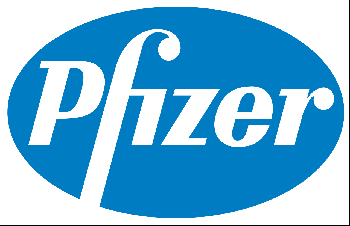











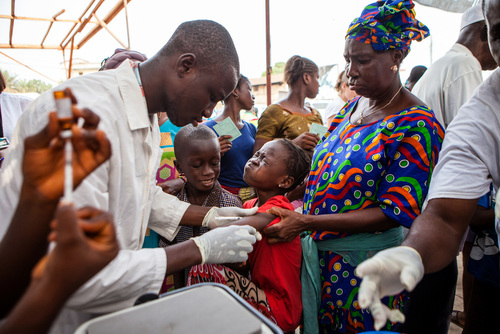
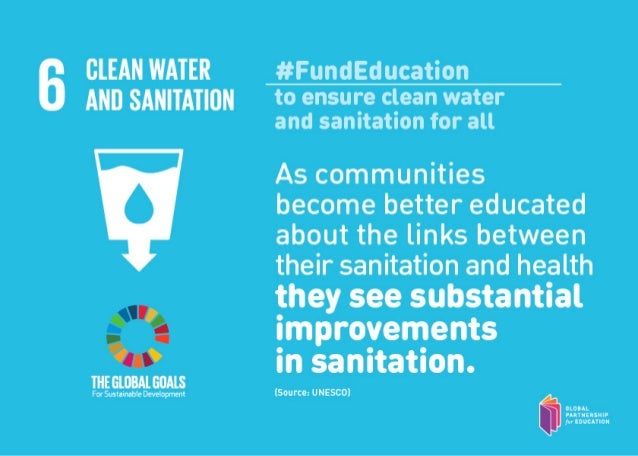


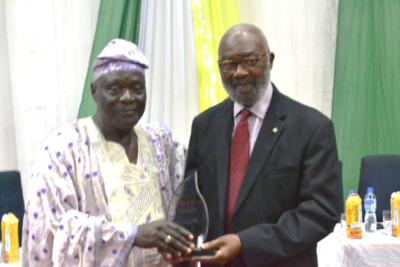









 The Global Vaccine Safety Initiative (GVSI) is a global transformative approach for quality immunization programmes which was launched in 2012. To date, WHO considers that less than half of its Member States including most African countries have adequate capacity for vaccine safety. It is in this context that the WHO brief was organized and called on the highest leadership in Africa to ensure strong vaccine safety system.Dr Margaret Agama-Anyetei from the African Union Commission in her welcoming remarks highlighted how vaccine has brought enormous benefits to the populations of Africa. Dr Margaret stated that “The eradication of smallpox, the gains made in the eradication of polio or the dramatic reductions in deaths of measles and epidemic meningitis are many successes that we have all witnessed.” She added that “Today more vaccines against more diseases, including malaria, dengue or Ebola are becoming available and new funding mechanisms allow for those vaccines to be used more widely in African countries.”On behalf of Dr. Akpaka A. Kalu, WHO Representative to Ethiopia Dr. Abebayehu Assefa Mengistu made an opening remark. Dr Abebayehu said that “The Global Vaccine Safety Initiative provides the mechanism to strengthen African countries regulatory authorities and immunization programs to ensure that everyone everywhere gets the safest vaccination possible.” He added that “Credible data and our ability to explain how existing safety systems protect the quality of our vaccination programs is the best approach to counter the impact of doubt or malicious statements and rumors.”
The Global Vaccine Safety Initiative (GVSI) is a global transformative approach for quality immunization programmes which was launched in 2012. To date, WHO considers that less than half of its Member States including most African countries have adequate capacity for vaccine safety. It is in this context that the WHO brief was organized and called on the highest leadership in Africa to ensure strong vaccine safety system.Dr Margaret Agama-Anyetei from the African Union Commission in her welcoming remarks highlighted how vaccine has brought enormous benefits to the populations of Africa. Dr Margaret stated that “The eradication of smallpox, the gains made in the eradication of polio or the dramatic reductions in deaths of measles and epidemic meningitis are many successes that we have all witnessed.” She added that “Today more vaccines against more diseases, including malaria, dengue or Ebola are becoming available and new funding mechanisms allow for those vaccines to be used more widely in African countries.”On behalf of Dr. Akpaka A. Kalu, WHO Representative to Ethiopia Dr. Abebayehu Assefa Mengistu made an opening remark. Dr Abebayehu said that “The Global Vaccine Safety Initiative provides the mechanism to strengthen African countries regulatory authorities and immunization programs to ensure that everyone everywhere gets the safest vaccination possible.” He added that “Credible data and our ability to explain how existing safety systems protect the quality of our vaccination programs is the best approach to counter the impact of doubt or malicious statements and rumors.”
